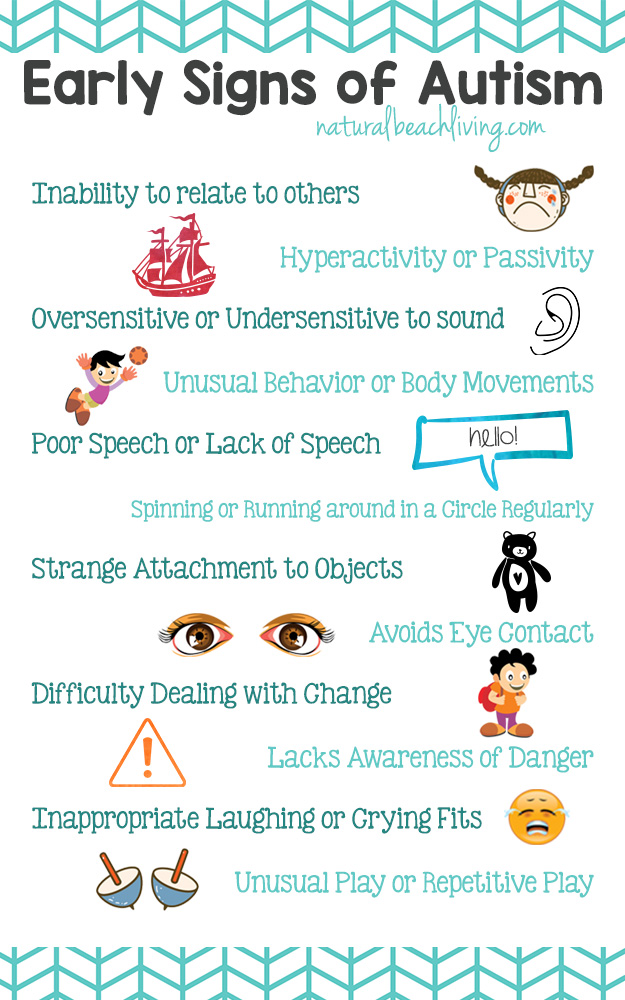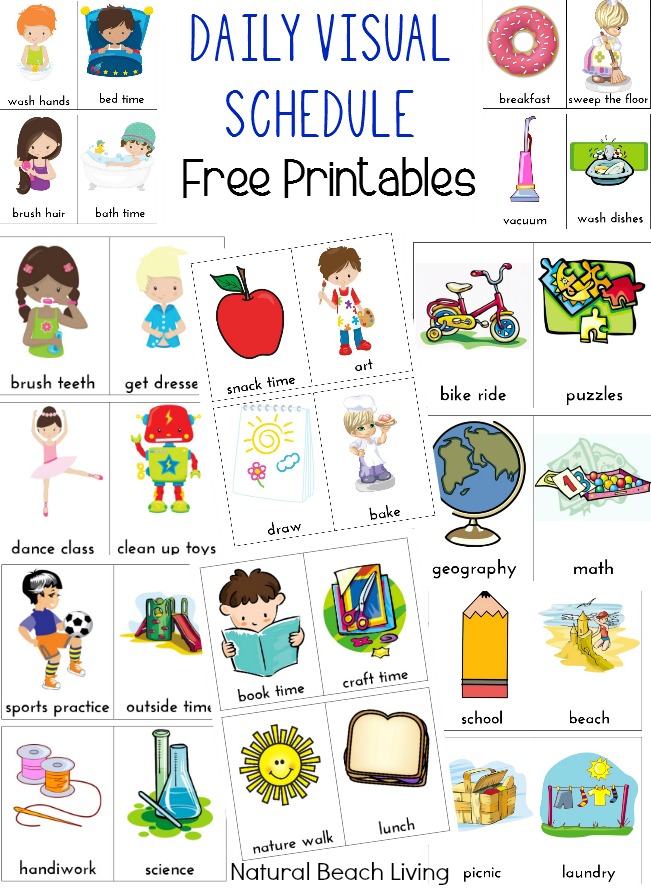Autism: What to Know and Signs to Watch For
I am so glad that you landed here. If you did, that means you have something really important on your mind… So I’m happy to share this news. This is the beginning of a fantastic Parenting Children with Special Needs series. That might sound a little scary or even intimidating, but it’s all about getting you great information from people living it. Today I am sharing some of the early signs of Autism.
So here you are faced with the question deep in your gut “Could my child have Autism?”
You ponder this… Google it, read everything you can about it, and think a lot. Right?! Me too!
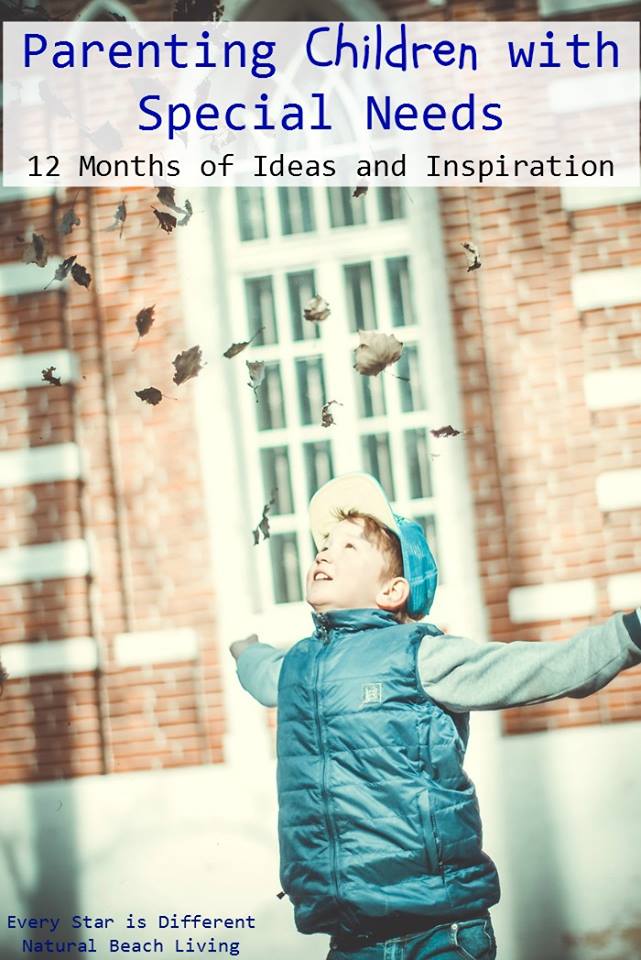
Early Signs of Autism
Autism is a neurological disorder that affects communication and social interaction. It is a spectrum disorder, meaning that it affects children differently. Some people with autism may have difficulty communicating verbally, while others may have difficulty understanding nonverbal cues. Autism can also cause people to have repetitive behaviors or interests.
If you are a parent or caregiver, it is important to know the signs of autism so that you can get your child the appropriate support and intervention. Some signs of autism include delayed speech or language skills, difficulty making eye contact, and lack of interest in social interactions.
It is important to note that not all children with autism will exhibit all of these signs, and some may exhibit additional signs not listed here.
Early intervention is vital in helping individuals with autism reach their full potential. If you suspect that your child may have autism, it is important to speak with a healthcare provider or specialist who can provide a diagnosis and recommend appropriate interventions.
What to know about Autism and signs to watch for if you are concerned
Understanding Autism
Autism Definition
Autism, also known as Autism Spectrum Disorder (ASD), is a neurodevelopmental disorder that affects communication, social interaction, and behavior. It is a lifelong condition that usually appears in early childhood and can vary in severity.
Causes of Autism
The exact causes of autism are not fully understood, but research suggests that a combination of genetic and environmental factors may play a role. Some studies have found that certain genes may increase the risk of developing autism, while others suggest that exposure to certain environmental toxins during pregnancy may also be a factor.
Regularity
Autism is estimated to affect about 1 in 54 children in the United States, according to the Centers for Disease Control and Prevention (CDC). It is more common in boys than in girls, with a ratio of about 4:1. The prevalence of autism has been increasing in recent years, but this may be due to better awareness and diagnosis rather than an actual increase in the number of cases.
Autism is a neurodevelopmental disorder that affects communication, social interaction, and behavior. Its causes are not fully understood, but genetics and environmental factors may play a role. Autism affects about 1 in 54 children in the United States and is more common in boys than girls.
These are some of the early signs of Autism:
Signs and Symptoms of Autism
If you suspect your child may have autism, it is important to watch for certain signs and symptoms. Here are some indicators that may suggest the presence of autism:
Early Signs
- Lack of eye contact
- Delayed or absent speech
- Lack of interest in social interaction with others
- Repetitive behaviors or routines
- Unusual reactions to sensory input (examples: sounds, textures, light)
Developmental Delays
- Delayed language development
- Difficulty with fine motor skills (for example: holding a pencil, tying shoes)
- Delayed social development (for example: making friends, playing with others)
- Difficulty with cognitive tasks (for example: problem-solving, learning new things)
Behavioral Indicators
- Unusual fixation on specific objects or topics
- Difficulty with transitions or changes in routine
- Aggressive or self-injurious behavior
- Hyperactivity or impulsivity
It is important to note that not all children with autism will exhibit all of these signs, and some may display additional symptoms not listed here.
Do some of these seem so familiar? Are you thinking, oh my gosh, YES!
When I first started learning about Autism those were my exact thoughts. Guess what? Seeing these signs doesn’t mean life has to change. All it means is you might have to parent a little different and you might have to teach a little differently.
Your perspective on life and your child is everything. I might take a little more laid-back approach, but living at the beach does that to people. 😉 If you see signs of Autism or any developmental disabilities, mention it to your pediatrician.
Learning about Autism and helping to guide your child so he can possess the knowledge and skills to be successful in life is key, and guess what. You got this!
Every parent has this job in life to take care of their children and guide them. Your parenting might look a little different… Maybe even a little better. I know you can do this… so here is a big hug from me because we’re in this together.
I’m glad you are joining us for 12 months of Ideas and Inspiration on Parenting Children with Special Needs.
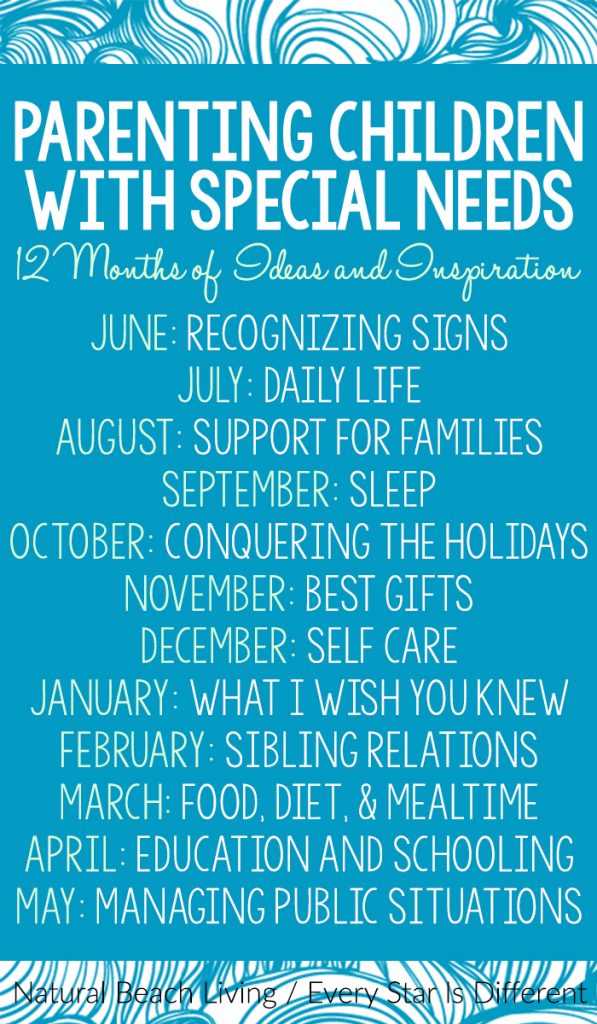
Autism Visual Schedules
Daily Visual Schedule for Kids
Managing Feelings and Emotions Free Printables
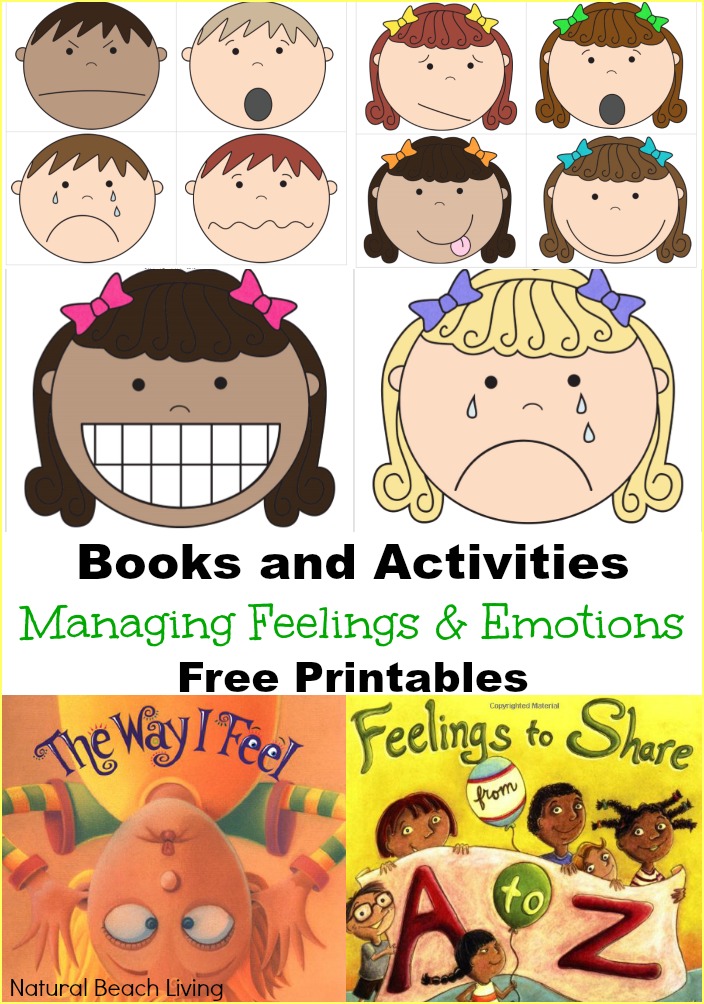
ULTIMATE DAILY VISUAL SCHEDULE


